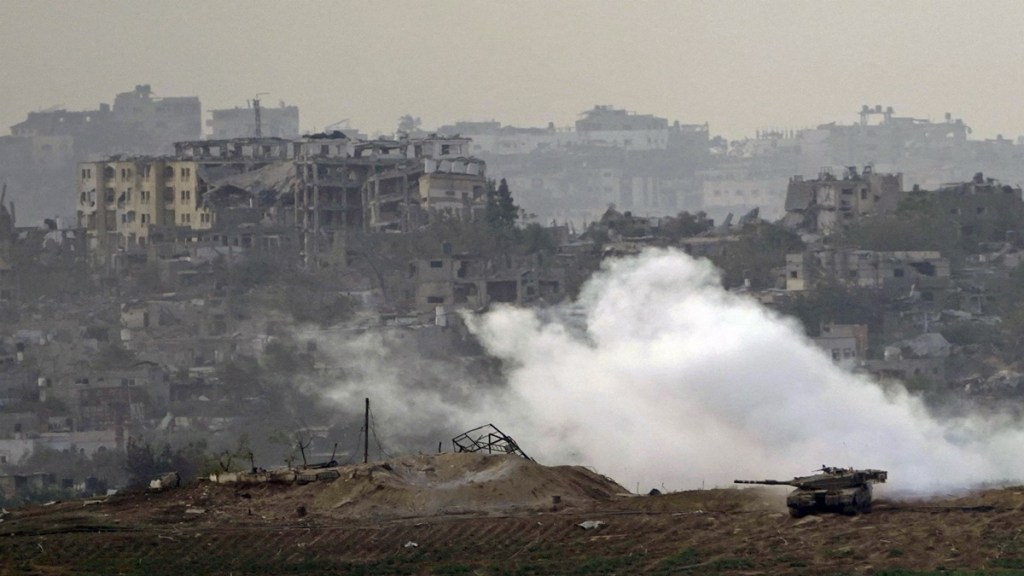The situation in Gaza has taken a devastating toll on women and newborns, as expressed in a joint statement by UNRWA, UNICEF, WHO, and UNFPA, issued on November 3, 2023, from various global locations: East Jerusalem, Geneva, and New York.
Women, children, and infants in Gaza are experiencing the harshest consequences of the recent escalation of hostilities in the occupied Palestinian territory, whether as victims of violence or due to restricted access to essential healthcare services. This concerning reality has been brought to our attention by the United Nations Children’s Fund (UNICEF), the United Nations Relief and Works Agency for Palestine Refugees in the Near East (UNRWA), the United Nations sexual and reproductive health agency (UNFPA), and the World Health Organization (WHO).
As of November 3, 2023, the Ministry of Health data indicates that 2,326 women and 3,760 children have tragically lost their lives in the Gaza strip, accounting for a staggering 67 percent of all casualties. Thousands more have sustained injuries, with an alarming average of 420 children falling victim to death or harm daily, including infants just a few months old.
The ongoing bombings, the damage to or inoperability of healthcare facilities, the mass displacement of people, diminishing water and electricity supplies, and constrained access to nourishment and medications are profoundly disrupting maternal, newborn, and child health services. In Gaza, there are approximately 50,000 expectant mothers, with over 180 of them giving birth daily. Tragically, 15 percent of them are at risk of complications related to pregnancy or childbirth, necessitating additional medical attention.
Regrettably, these women are encountering insurmountable difficulties in accessing the emergency obstetric services essential for safe childbirth and newborn care. With 14 hospitals and 45 primary healthcare centers out of commission, some women are forced to give birth in makeshift shelters, their homes, amid the rubble-laden streets, or in overwhelmed healthcare facilities where sanitation conditions are deteriorating, and the risks of infection and medical complications are skyrocketing. Shockingly, even healthcare facilities are not spared from the violence, as evidenced by the shelling of Al Hilo Hospital, a crucial maternity hospital, on November 1.
The absence of adequate care access portends an increase in maternal mortality. Furthermore, the psychological impact of the ongoing hostilities is directly contributing to reproductive health issues, including an uptick in stress-induced miscarriages, stillbirths, and premature births.
Even before the conflict escalated, malnutrition among pregnant women was already a prevalent issue, with adverse effects on child survival and development. As the situation worsens with diminishing access to food and water, mothers are grappling with the dire challenge of nourishing and caring for their families, thereby increasing the risks of malnutrition, diseases, and fatalities.
The lives of newborns are hanging by a thread, with the threat of neonatal and intensive care services ceasing to function if hospitals run out of fuel, imperiling an estimated 130 premature babies.
Alarmingly, over half of Gaza’s population now seeks refuge in UNRWA facilities, enduring dire circumstances characterized by insufficient water and food supplies, leading to hunger, malnutrition, dehydration, and the outbreak of waterborne diseases. Initial assessments by UNRWA indicate that 4,600 displaced pregnant women and around 380 newborns living in these facilities are in dire need of medical attention. Notably, over 22,500 cases of acute respiratory infections and 12,000 cases of diarrhea have been reported, which is especially concerning given the already high rates of malnutrition.
Despite facing challenges in maintaining safe and continuous access, UN agencies have been working tirelessly to deliver life-saving medicines and equipment to Gaza, including supplies for newborns and reproductive health care. However, the colossal demand necessitates a substantial increase in aid, encompassing medicines, food, water, and fuel for the people of Gaza. Unfortunately, no fuel has entered the Gaza Strip since October 7, rendering it crucial for humanitarian agencies to receive immediate fuel supplies to continue supporting hospitals, water treatment facilities, and bakeries.
An immediate humanitarian ceasefire is imperative to alleviate the ongoing suffering and prevent an already desperate situation from spiraling into a catastrophe.
The international organisations urgently called upon all parties involved in the conflict to honor their obligations under international humanitarian law to safeguard civilians and civilian infrastructure, particularly healthcare. Every individual, including those currently held as hostages in Gaza, possesses the inherent right to access healthcare, and these hostages must be released without delay or conditions.
